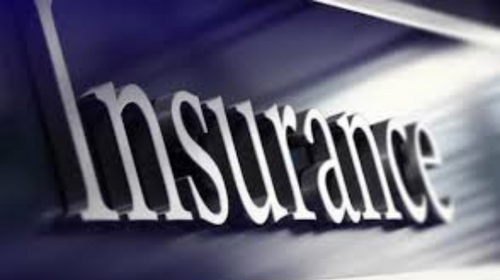
The gross premium earned by the Nigeria Liability Insurance Pool for 2023 rose by 51.6 per cent to N1.79bn from N1.18bn in the prior year.
According to the annual report of the Pool, the increase was driven by the increase in the premium for third-party motor insurance, which came into effect in January 2023.
The National Insurance Commission, on January 1, 2023, increased the premium rate for motor insurance in Nigeria.
In the directive, private vehicles that were paying N5,000 premium for N1m Third Party Property Damage Limit were directed to pay N15,000 premium for N3m claims, while owner good vehicles were to pay N20m premium for N5m claims, and staff buses were to pay N20,000 premium for N3m claims.
In his speech at the 14th Annual General Meeting of the Pool, which was held recently in Lagos, the NLIP Chairman, Gboyega Lesi, said the growth in the gross premium of the pool “can directly be attributed to the review of third-party premium by NAICOM which took effect from January 1, 2023”.
“Claims expenses grew by 61 per cent from N297.3m in 2022 to N478.6m in 2023. This increase is majorly due to the review of third-party liability limits from N1m to N3m for private motor, N5m for third-party property damage and the high inflationary rate in the country.
“Similarly, the hike in property pricing driven by the adoption of the fire tariff with a four-year moratorium for full implementation also contributed significantly to the growth in premium income. Despite the increase in claims expenses, the Pool posted an impressive underwriting surplus of N533.4m in 2023, showcasing operational efficiency and prudent risk management,” he explained.
At the end of the year, the Pool’s total assets increased from N1.3bn in 2022 to N1.8bn in 2023, representing an increase of 39 per cent.
On the outlook for the Nigerian insurance sector in 2024, Lesi said the firm was targeting growth in 2024, albeit from a low base.
He noted, “The country’s insurance industry is relatively underdeveloped, hindered by a range of economic problems in recent years and stratified income levels. However, growing disposable incomes, together with rising confidence among businesses and consumers, will facilitate ongoing growth. The development of the sector as a whole will be reliant upon the expansion of the country’s middle class, which will in turn depend on continued economic growth and a stabilisation of the inflationary environment within Nigeria.”
He added that the leadership changes experienced across the industry towards the end of 2023 due to the implementation of the Code of Corporate Governance are expected to impact the industry positively.
“These changes, aimed at enhancing transparency, accountability, and effectiveness within the sector, have ushered in a new era of leadership characterized by fresh perspectives and innovative approaches. Key players across various insurance firms have undergone restructuring at the executive level, with new leaders appointed to spearhead strategic initiatives and drive organizational growth. The infusion of new talent and expertise is expected to invigorate the industry, fostering a culture of innovation and adaptability in response to evolving market dynamics,” Lesi posited.
The NLIP provides reinsurance services for its members’ third-party liabilities, including motor and general third-party liabilities, workmen’s compensation and employer’s contingent liabilities, and builders and occupiers liabilities, among others.
In 2023, the Nigerian insurance industry recorded significant growth as gross written premiums surpassed N1tn for the first time, marking an increase from the previous year’s N790bn.
Total assets in the industry reached N2.67tn with capitalisation amounting to N851bn as of December 31, 2023.





